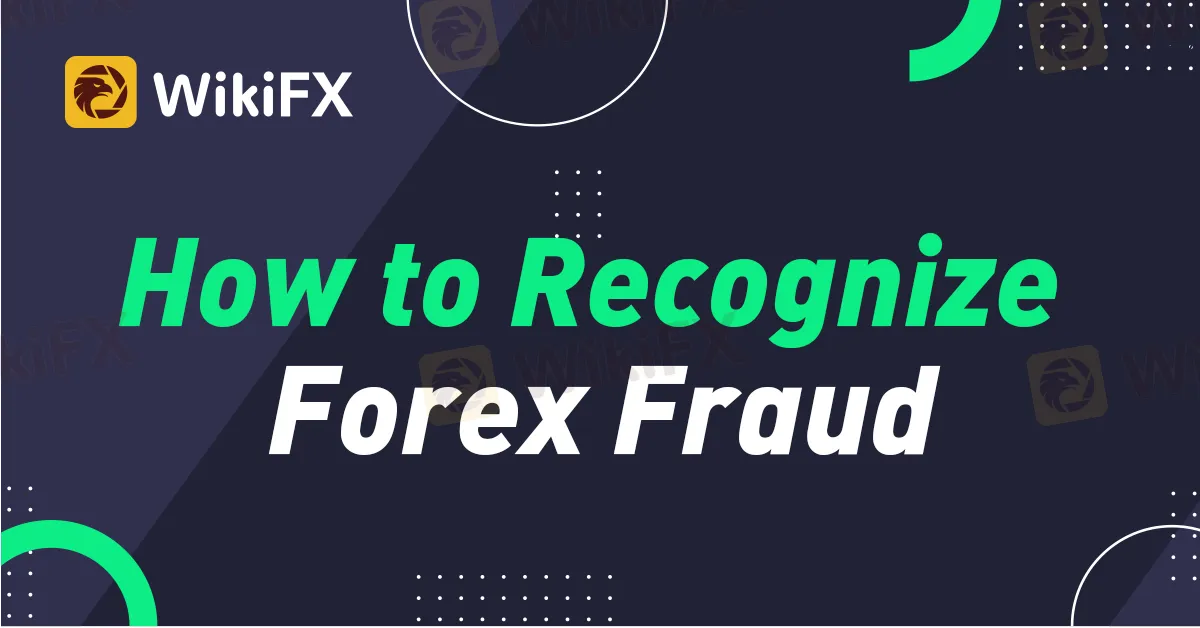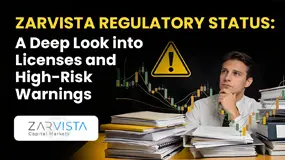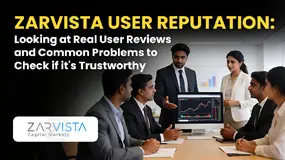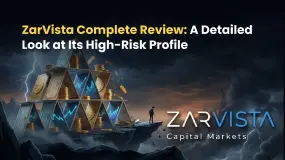Abstract:Over $6 trillion is exchanged internationally every day on the forex market, which is by far the biggest financial market in the world. With such a startling number and the magic of leverage, there is always a great chance of making money on the Forex market, albeit there are also many hazards involved.

Forex Fraud
Over $6 trillion is exchanged internationally every day on the forex market, which is by far the biggest financial market in the world. With such a startling number and the magic of leverage, there is always a great chance of making money on the Forex market, albeit there are also many hazards involved.
There are almost no entrance restrictions for retail traders because technology has democratized the Forex industry. Because anybody may start trading immediately, despite the fact that forex trading involves a considerable lot of knowledge, ability, and experience, susceptible individuals are drawn to the opportunity without fully appreciating the inherent danger. Because Forex is such a huge goldmine, dishonest firms try to entice unwary clients by promising them the chance to make a lot of money constantly.
They present Forex trading and the potential for profit as quick and simple processes. Forex scams will continue to exist as long as there is a profitable forex market. Therefore, it is wise for investors to be able to recognize and stay away from Forex scams in all of its forms.
It's crucial to conduct thorough broker research on the WikiFX app before selecting a broker to begin trading.
Scams by Forex Brokers
The unsettling aspect of Forex scams is that certain Forex brokers may potentially be involved in their execution. Here are a some of the most common con games out there:
manipulation of prices
The scam that con artists use the most is this one. Some brokers intentionally manipulate their trading systems to the detriment of traders. Slippage is a situation where entry and exit orders are completed at prices that are unfavorable to the trade. For instance, a purchase order is completed at a significantly higher price, which reduces, if at all possible, the potential gains from the deal. Additionally, there is “stop hunting,” in which the broker tries to eliminate the investor-applied stop loss before moving on to stream the accurate prices. In essence, price manipulation will cause investors to place losing transactions.
extraordinary high leverage
In CFD trading, leverage is a fantastic concept. But leverage always has two sides to it. Profits from profitable transactions can be substantial, but losses from losing deals can also be substantial. Some brokers promise investors extraordinarily high leverage ratios of up to 2000:1 in an effort to entice them with claims of large gains, but market risks can cause a single failed transaction to wipe away the majority of a trader's balance.
Bank Accounts of Unsegregated Clients
Scam brokers sometimes manage a single bank account for both the cash of their clients and their own operating funds. This implies that they will be more inclined to look for methods to support operations using client money when funds on their accounts are running low. This is a very terrible business practice, and if the broker is unable to pay their debts, your money will be linked to theirs and may possibly be taken by their creditors.
Fake promotions and bonuses
Bonuses and promotions are frequently provided by brokers, even trustworthy ones. Brokers that are registered and licensed must make sure that any bonuses and promotions they offer adhere to legal requirements and don't “lock” the trader. However, some dishonest brokers entice investors with false promos that feature onerous or completely unreachable terms and conditions. This implies that their investors will nearly never be able to take any winnings before they lose their trading money. It's usually true if something seems too wonderful to be true.
Personal Data Fraud
You will be needed to provide some of your private and personal information when joining up with a brokerage business, as well as perhaps payment information like credit card numbers. To guarantee that your data is kept private and is never shared with or sold to a third party, a licensed and registered broker is obligated to implement the essential security measures. Scam brokers might not take the appropriate security measures or, worse yet, they might sell your information to a third party. These third parties can start contacting you with offers you haven't chosen to receive or send you unwanted emails. Innocent investors may sustain losses as a result of identity theft and the sale of personal information.
All of the aforementioned broker frauds have been examined by WikiFX, which has also evaluated each broker on its website. All of the brokers on the website/app are evaluated and given a rating out of 10 based on the aforementioned aspects and services they provide. The most important aspect in relation to these scams is regulation. WikiFX makes sure there aren't any broker frauds out there. The WikiFX app may be downloaded from the Google Play and Apple App Stores.










